What exactly are conductors for?
#1What exactly are conductors for?
Posted: 9/26/13 at 4:26pm
I'm sure this question shows me up as a complete ignoramus, but I've been wondering.
Apart from telling the musicians when to start playing, how do conductors influence the music we hear? Are they really necessary? Perhaps most of their work is done in rehearsal, but especially in terms of Broadway shows where the musicians are playing the same music in the same way night after night, what precisely do they do?
How do the orchestra even see the conductor - I know they have the screen, but how much attention do they pay to that whilst trying to play music, turn pages etc.
Hopefully this post is accepted in a "no such thing as a stupid question" spirit.
#2What exactly are conductors for?
Posted: 9/26/13 at 4:32pm
Amongst other things, they control the tempi of the music. They also serve as the link between the performers on stage and the musicians in the pit, cuing the musicians and performers and tailoring the music for the performer as they go along.
With a group of musicians the size of a Broadway orchestra, they need a leader to ensure everyone is in sync.
#2What exactly are conductors for?
Posted: 9/26/13 at 4:38pmThanks. That makes total sense. I could be wrong, but I don't recall the 2005 Sweeney Todd using a conductor - they seemed to get on fine. Did one of the cast act in a leader capacity?
#3What exactly are conductors for?
Posted: 9/26/13 at 4:45pm
If I recall correctly, they had distinct cues for their performance- visual or auditory. I remember Pirelli would take a sharp intake of breath to cue. There was also a mirror hung over the piano at the back, so whomever was playing could see what was going on.
They also had the distinct advantage of not only being onstage, but often singing the songs they were playing, and had been rehearsing with their instruments from the get-go. They were not really encumbered by any of the disadvantages of a pit player.
#4What exactly are conductors for?
Posted: 9/26/13 at 4:52pmInteresting, thanks - another level of admiration for those performers I hadn't even considered.
Liza's Headband
Broadway Legend Joined: 5/28/13
#5What exactly are conductors for?
Posted: 9/26/13 at 5:18pmWith the incredibly unique exception of certain set ups, like Doyle's SWEENEY TODD and COMPANY, you do not have a Broadway musical without a conductor. Your question isn't that simple, either. Most Music Directors also serve as the conductor for performances. So they do not only conduct, they also teach the actual music to the cast. Sometimes an Associate will lead that or even a Music Supervisor will handle it. It's not so black & white. But a conductor is much more than just conducting; he or she is usually the Music Director and/or Supervisor. Tough to put on a musical without that person....
#6What exactly are conductors for?
Posted: 9/26/13 at 5:42pmAs an amateur, I sometimes have difficulty counting and figuring out exactly when to start singing - especially with a more complicated orchestration that doesn't have an obvious musical cue for the singer, and in those instances being able to see the conductor is invaluable.
#7What exactly are conductors for?
Posted: 9/26/13 at 5:51pmA good example would be Into the Woods in the park last year- for several weeks of the run, there were no monitors showing the conductor that the actors could see. As a result, the actors, spread over the large stage in all directions, often had trouble coming in during ensemble songs.
LegallyBroadway2
Broadway Star Joined: 8/19/10
#8What exactly are conductors for?
Posted: 9/26/13 at 6:03pmStage Managers will watch the conductor for cues in many instances as well.
KathyNYC2
Broadway Legend Joined: 12/2/10
#9What exactly are conductors for?
Posted: 9/26/13 at 6:48pm
In certain shows, such as Kinky Boots - the conductor also plays Keyboard #1. They are also there for timing - as the pit cannot always hear the jokes/laughter well and if it were not for the conductor, the music might be coming in too soon before the scene is ready to move on. Also, I remember when I saw Cinderella, the fairy godmother got stuck in the air. It was the conductor who was on the phone immediately to find out when to stop and when to re-start the music and in what place.
Live shows do not always run the exact same way - and there would be no way for the orchestra when to start and stop based on past performance. It needs direction each and every performance...as do the actors who may or may not be able to hear the music if the audience is extremely loud.
indytallguy
Broadway Star Joined: 7/13/08
#10What exactly are conductors for?
Posted: 9/26/13 at 7:03pm
Orpheus, the chamber orchestra which plays without a conductor, operates similarly I imagine to actor-musicians when Doyle uses that format. They work out tempos, interpretations, etc. in an "executive committee" of the orchestra with representatives from each section, Those leaders then "set" that info on their sections. When they come together breathing and visual cues from lead players seem to help keep them in sync. It's fascinating to watch.
I always appreciate watching how conductors so intently meld singer's efforts with those of the orchestra, recalibrating as necessary in real-time. It's a gift.
#11What exactly are conductors for?
Posted: 9/26/13 at 8:08pmAlso, keep in mind that while the musicians are playing the same music night after night, some of those musicians have subbed out. So you'll very rarely see the "original" pit on any given night; 9 times out of 10 there's at least one musician who has subbed out the show to a musician who DOESN'T play it every night. And you can bet they're watching the conductor more intently than the regulars!
#12What exactly are conductors for?
Posted: 9/26/13 at 8:47pm
A great conductor will vary the tempi slightly in each performance to accommodate the tempi of the actors on stage: no two performances are exactly the same.
Without a conductor, one might as well just have the orchestra on tape. Those of us in the provinces--where such atrocities are common--can tell you how deadening the practice can be.
In short: no conductor = no live music; no live music = robotic performances. (Doyle shows are an exception.)
You might as well go watch a movie.
***
ETA: there are no stupid questions. What is stupid is remaining ignorant because you don't have the guts to ask. Good for the OP!
Updated On: 9/26/13 at 08:47 PM
#13What exactly are conductors for?
Posted: 9/26/13 at 9:01pm
Something else to remember is that in many instances the musicians might not hear one another well so having a conductor keeps everyone together. If you are playing a trumpet or trombone sometimes all you can really hear is your own instrument.
In regards to a conductor the show that always fascinated me was the original (and the revival as well) production of A CHORUS LINE. The musicians and the conductor were completely out of sight to the audience and the actors. There wasn't even a video monitor on the front of the balcony showing the actors the conductor because the monitor would reflect in the mirrors. That's a show with lots of music and many many cues.
Those musicians in Broadway pits are some of the best musicians in the world.
Joviedamian
Broadway Star Joined: 11/9/10
#14What exactly are conductors for?
Posted: 9/26/13 at 9:42pm
To press the "Play" button whenever necessary during certain parts of "Mamma Mia" and "Priscilla Queen of the Desert" musicals, when they use per-recorded tracks!
KathyNYC2
Broadway Legend Joined: 12/2/10
#15What exactly are conductors for?
Posted: 9/26/13 at 10:15pm
"Those musicians in Broadway pits are some of the best musicians in the world."
Ain't that the truth...
Some of my best memories seeing Broadway shows when I was a little kid was walking down the aisle during intermission or before the show to see the musicians in the pit. I remember quite a few who stopped to talk to me and explain what was going on with their instruments.
I always make a point to wait to applaud the musicians after the exit music. I always hope they can hear me.
#16What exactly are conductors for?
Posted: 9/26/13 at 10:32pmMy daughters played in the orchestra in HS and their school was a performing arts HS. They did a big spring musical every year with a decent size orchestra, they did shows like "Les Miserables", "Pippin", Ragtime", Hello Dolly" etc. Anyway, I remember my daughters telling me one night a actor starting singing the wrong verse and thankfully they were all watching the conductor who realized the mistake and adjusted accordingly.
afaye11
Stand-by Joined: 8/7/06
#17What exactly are conductors for?
Posted: 9/26/13 at 11:03pm
Hey all!
So, I'm just a mere college student, but I do tons of music directing at my school, which includes conducting...I've done Sondheim, Ahrens and Flaherty...all that fun stuff! I'm just kinda going to go write as many thoughts about conducting for theatre as I can, it might get rambly and boring, but if this interests you, you might enjoy it!
As a "musical director" the most time consuming part of my job is sitting at a piano, or working with a rehearsal pianist, and teaching the cast the music for the show. That part's really fun, but I think I should probably address the conducting part of this whole thing.
Arguably, the most important part of conducting is keeping in the orchestra and the cast coordinated - countless things can (and will) go wrong during a performance and it's my job to make sure that the cast won't get ahead of the pit or the pit won't get ahead of the cast. This will often involve dramatic cues, or using my fingers to tell the pit what measure number to jump to. If they do get out of sync I will usually lock in with whoever has the most important part of the song, in the pit, and get them caught up. Once they get caught up, and everybody looks at me, things will get back on track.
Another important part of the whole conducting thing is doing a sort of acting - if a song needs to have more emotion you need to show that on your face. If you look passionate, the musicians and actors will naturally follow along with that. If something needs to get instantly bright, you might throw a smile on your face and change your conducting pattern to something more bouncy; the conductor's emotion will translate to the cast and pit. If a show is going slowly and you can tell that the cast is getting a little bored the conductor should maybe add a bit more zeal to his/her motions to make things a bit less dead.
Something else that conductors need to consider is the dreaded vamp. Lots of times composers will have vamps in the music (a vamp is a phrase that will repeat under dialogue until a certain line is said), and the conductor will have to indicate to the pit and cast when to proceed with the music. This changes daily, as the pace of dialogue will differ and the audience might laugh for a long time at a line, or not at all. One day you might need to do a vamp twice, the next it might be four times. The conductor has to lock in with the cast and pit to make sure that everybody knows that we are moving on from the vamp, if this gets screwed up, this can be pretty disastrous.
Of course, the conductor has to rehearse the pit as well!
Just a disclaimer: I am NOT a professional, just a pretentious college student, however, if anybody has any other questions about conducting for theatre feel free to ask - I will answer them to the best of my ability!
#18What exactly are conductors for?
Posted: 9/28/13 at 1:31amSimply put, a musical doesn't happen without the stage manager and conductor; they run the show. Without the stage manager, nothing will happen onstage. Without the conductor, no music onstage or in the pit will happen.
#19What exactly are conductors for?
Posted: 9/28/13 at 3:18am
For most songs in Chorus line, the vocal cue is before the beat of a next bar - so the singer is essentially leading the orchestra.
CHORD.. Kiss to-day good-BYE (orchestra come in on bye)
(That's what the assistant MD of a production told me)
grandpianoalex
Stand-by Joined: 2/15/10
#20What exactly are conductors for?
Posted: 9/28/13 at 3:41pm
For A Chorus Line---- the entire score was structured so that the singers wouldn't need a conductor (that takes us out of the world of the "audition". The orchestra wasn't visible. The conductor wasn't visible (to the cast.)
The singer isn't leading the orchestra. The conductor is leading the orchestra. One person must be in control to communicate when to exit vamps, when to cut off, when to start songs. Without a conductor, there would be, in the case of A Chorus Line, 16 different interpretations based on each player's own thought.
I don't even want to imagine what the Montage would be like without a conductor.....
#21What exactly are conductors for?
Posted: 10/23/13 at 7:29pm
James Levine (of the New York Metropolitan Opera) had a very interesting and illluminating discussion with Charlie Rose last week. If I had seen this first, I wouldn't have started this thread.
link
#22What exactly are conductors for?
Posted: 10/24/13 at 4:47pmThe conductor is the one person in the pit facing the actors.
#23What exactly are conductors for?
Posted: 10/24/13 at 8:16pm
There were visual cues in the Sweeney Todd production as well. I had a real good view of the piano player and whoever it was at that point in the performance did a lot of head cues or even quick points before going back to playing. There was a lot of eye contact between the other musicians onstage before tempo/dynamic changes in songs. Basically, they all conducted each other at various points. Patti Lupone did shake it with a tuba just to give the audience a laugh; she shook to the beat and everyone who wasn't singing watched her hips.
And in addition to what afaye11 covered, the conductor is also the only link onstage to point out problems with mics. I can't count the number of times I've had to signal to actors to sing out because their mics went out or a wrong cue was hit on the sound board. The actor can't always tell because they're listening to the orchestra and following their direction; I can clue them in that the audience can't hear or their mic got brought up too high by mistake.
This also works for dropped cue lines. I can cue the actors to start a song if it's a deer in the headlights moment and cover for the forgotten lines. I can also have the orchestra vamp if the actor gets lost in the song or jump to a really obvious cue for the ensemble to carry on.
I music directed a production of The Music Man where our Harold Hill went up about halfway through Trouble. I was conducting at a piano. I shouted at the other musicians to go to the chorus on my cue, then clued as much of the ensemble as I could with the arm choreography I could do from the pit, and cued up the chorus. Most of the ensemble came right in with "Oh we got trouble!" and Harold Hill slid back into the song. Scariest vamp of my life. "Now friends let me tell you what I mean...[silence from the stage]."
#24What exactly are conductors for?
Posted: 10/24/13 at 9:26pm
Not sure how many more answers you need, but here's also a great little video from WICKED Behind the Emerald Curtain on "Conductor".
WICKED Music: Conductor



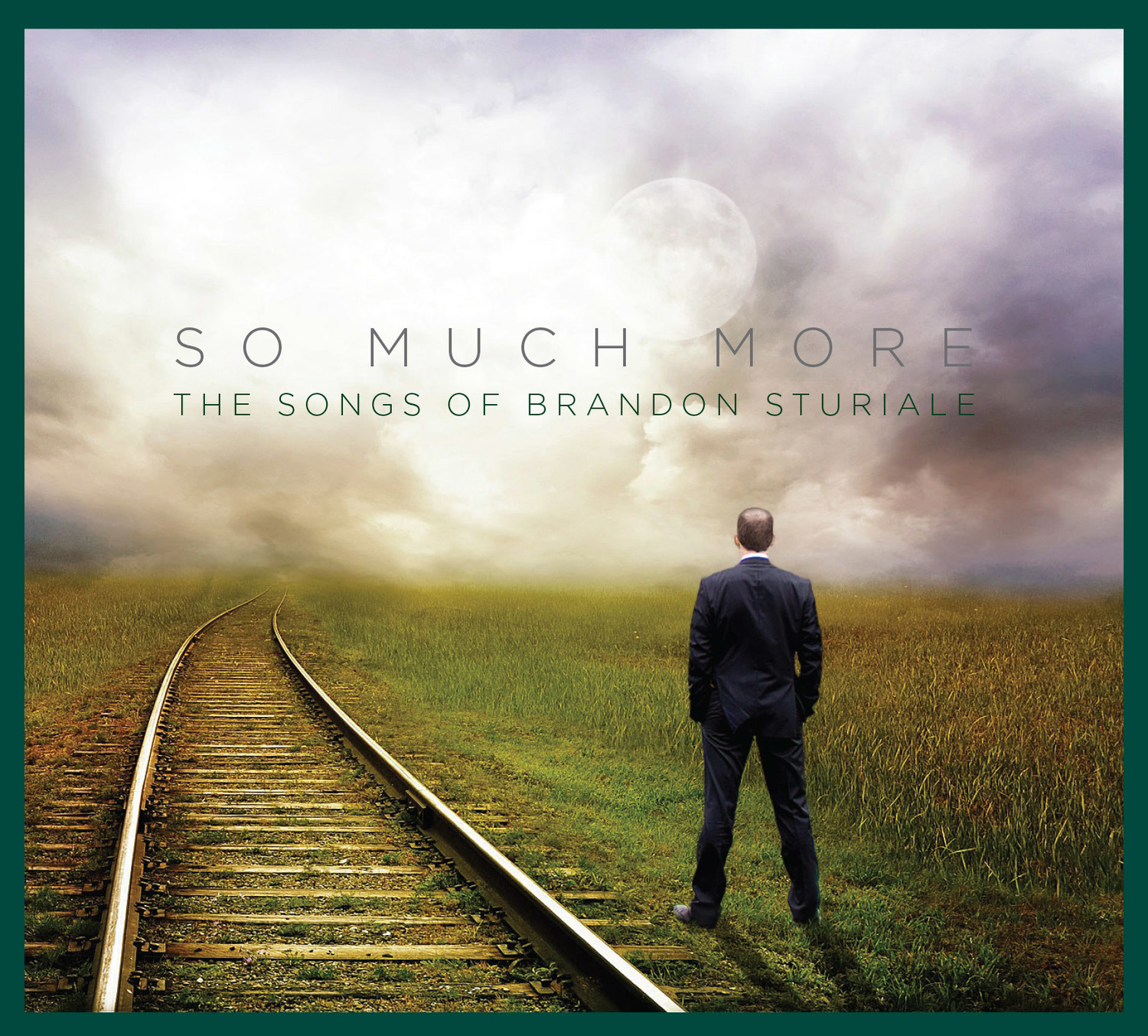
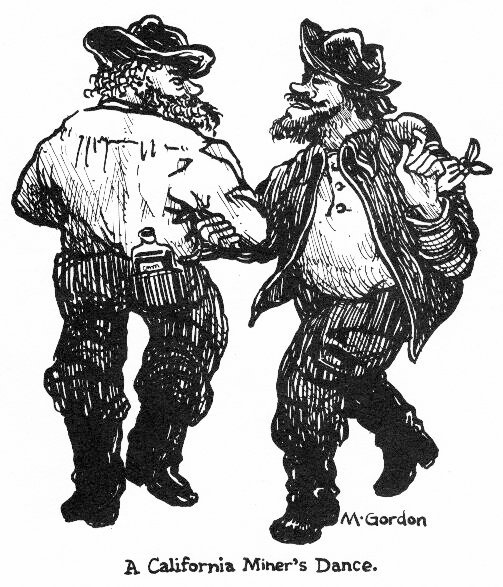
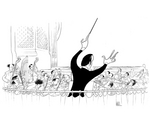

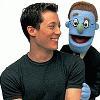
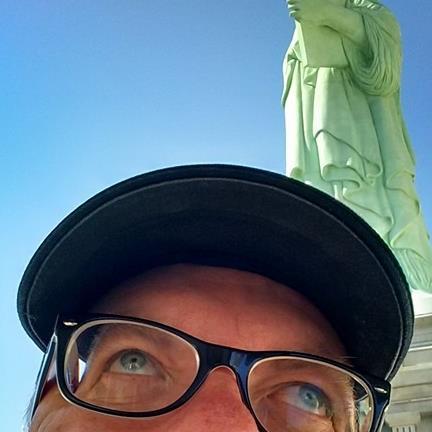
.jpg)
